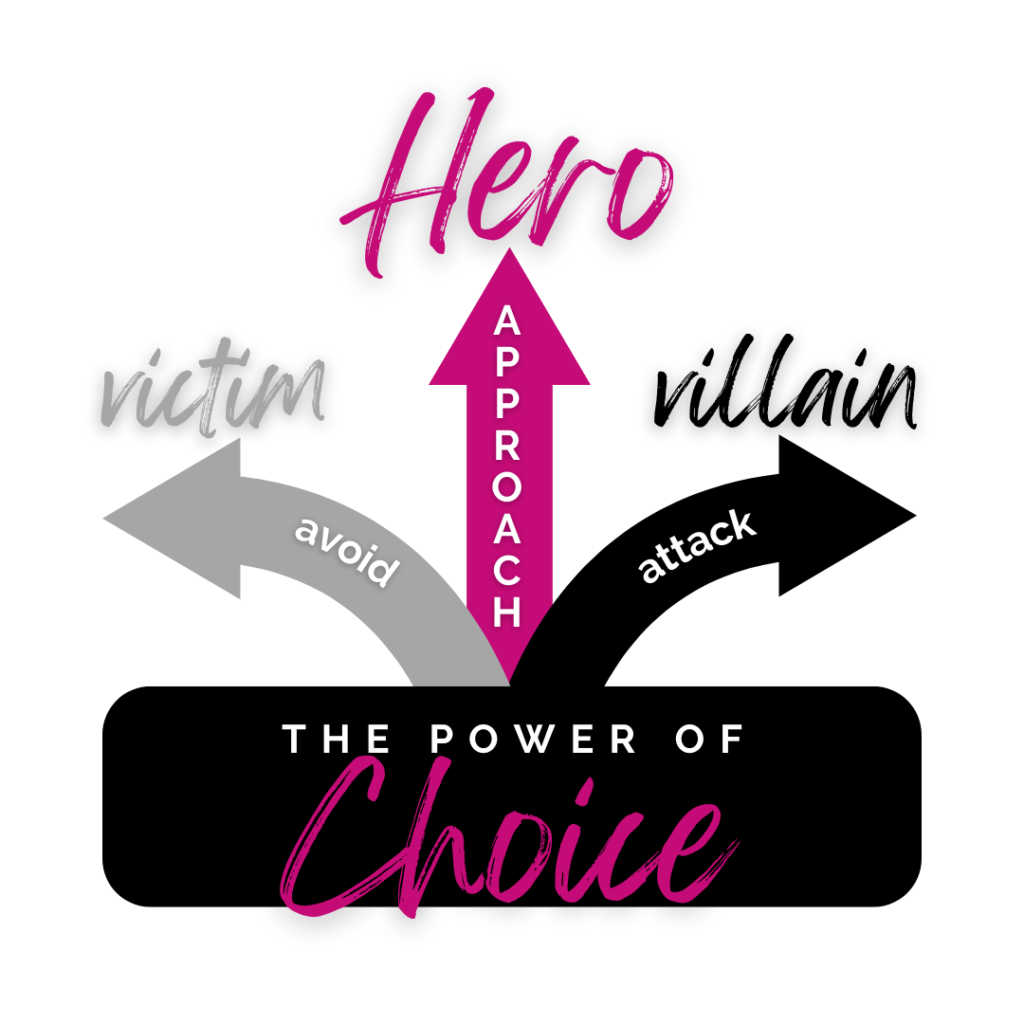You are created with Divine Purpose to be a confident and compassionate leader, to protect and provide for your wife. You are also a vulnerable human being. That doesn’t make you powerless. It makes you passionate. And that’s a very good thing.
When I first learned that men are more emotionally and relationally sensitive than women, I had to ask why? Why would your Creator make you so vulnerable?
As a group, men are bigger and stronger than women.
Your testosterone and your DNA make you capable of doing things your wife cannot do or could only do with greater difficulty.
- Your wife cannot produce sperm.
- She can, however, change a tire.
I’ve had to change a few tires myself.
Once in the middle of a Friday night snowstorm in 7-Eleven’s parking lot. I had on a business suit and high heels, but I got it done. I wondered later why no man stopped to help. Even the workmen, each dressed in heavy winter overalls and boots, just kept coming and going from the store as though I were invisible.
Reflecting on it now, I understand.
My determined and independent attitude probably made them wary of offering their assistance. I probably looked like a feminist who would have rejected their help at best, and bitten off their heads at worst. I’m surprised by how many women have negative reactions to a man opening a door for them. Therefore it’s highly likely that these men’s emotional and social sensitivity to my potentially negative female response kept them at a distance.
Is that how God intends your heart and mind to work?
You are created to be sensitive to women in general, and to your wife in particular. I believe God made you emotionally attuned to your wife so you would be motivated to protect her and inspired to provide for her. You feel the pull to do just that.
When you avoid your wife, your vulnerability is actually backfiring.
If she’s attacking, blaming, or criticizing you, then you focus on protecting yourself from the emotional storm. And the more you engage in self-protection, the more emotional she gets.
Why is that?
A woman who attacks, blames, and criticizes is having a hard time coping with something. It’s her defensive move. Remember the best defense is a good offense. I know she’s shooting herself in the foot, but she doesn’t. She’s not only defending herself, but she’s also crying out for help. Very ineffectively, I might add.
Do you remember the TV show Everybody Loves Raymond? In one episode, Debra was dealing with her own overwhelming feelings. Ray didn’t know what to do, but he tried to help. Her attacks intensified and she backed him into a corner, shouting, “Did you ever think I might need a hug?”
Ray’s response was priceless. He pointed to her and said, “This is not huggable.”
Oddly enough, women believe that men think like women.
But you don’t. She thinks what she needs is obvious. From her point of view, you are refusing fix whatever the current issue is. She’s desperate for help. And she sounds desperate. Desperately angry.
- You feel like her anger came out of the blue.
- However, her anger has been brewing for a while.
You actually sensed it earlier. Your heart sped up a bit or you got a sick feeling in the pit of your stomach. You felt your own vulnerability. You may have even though, “Here we go again.”
At that very moment, you choose what role to play in this scene: victim, villain, or hero.
1. You ignore the warning signs.
- You avoid conversation as long as you can.
- You are silent, hoping she won’t escalate again.
- You leave the room. Maybe you even leave the house.
2. You are offended by the warning signs.
You yell back at her with your best counter-attacks. You use the words “always” and “never” and blame her. You slam the door as you leave the room, or maybe the house.
3. You pay attention to the warning signs.
- You don’t wait for escalation. Instead you engage with her as soon as you notice something’s up.
- You ask what’s happening. You get a calmer, more accurate answer the sooner you ask.
- You listen and replay her words. You make sure she feels heard and understood.
- You know you’re there when the atmosphere softens. You can feel it in your bones.
- You ask her what you can do to help make things better.
- You act on her request. Sometimes, like Debra, she just needs to be held.
Which is your usual role when things are going south?
If you’re not sure which role you play, you can use the free QuickStart Guide: When We’re Not Getting Along to help you see the patterns.
Remember, you are born to be a hero.
That does not mean you can handle your wife’s emotional tirade anytime and anywhere without any impact to your own feelings or your well-being.
How can you be a hero in the middle of a marital meltdown?
Remember, although the solutions are usually simple, they’re not always easy or obvious.
It means you use your own vulnerability to notice sooner, rather than later, when a problem exists for her. You allow yourself to be passionately engaged with her, ready to protect her and provide what she needs from you.
And you reap a hero’s rewards.
- Less arguing. More peace in your home.
- Less rejection. More compassion for one another.
- Less failure. More satisfaction for you both.
Warning: You won’t get it right every time.
More than likely, you won’t even get it right the first time. Just like any new skill, you will have to practice. That’s how you learn. That’s how you are being transformed into the hero of your story.
If you get stuck or have any questions, let me know. I’m here to help.



